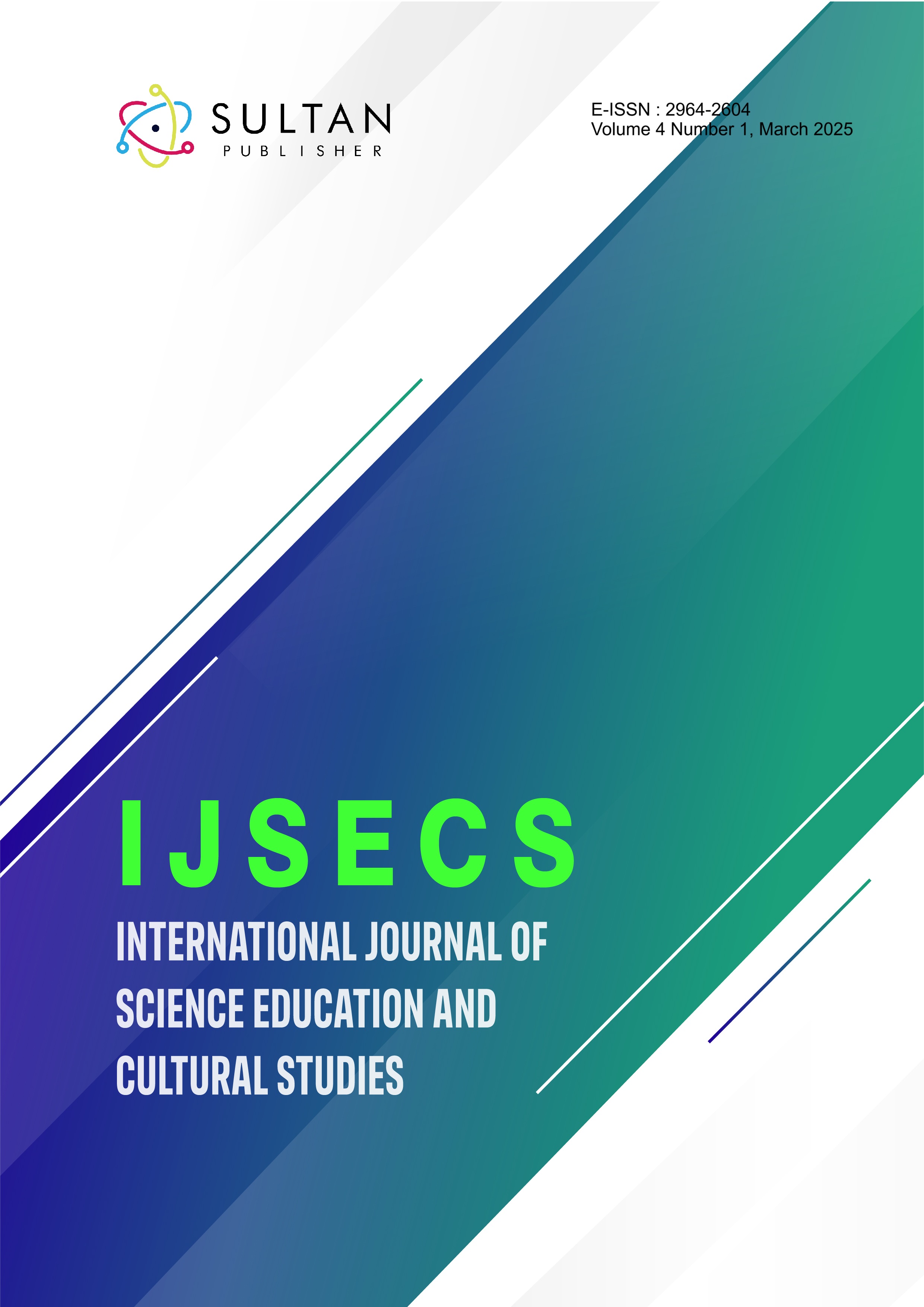Deep Learning in Wazuh Intrusion Detection System to Identify Advanced Persistent Threat (APT) Attacks
Keywords:
Brute force, Threat, Malware, Sazuh, SIEMAbstract
Advanced Persistent Threats (APTs) pose a significant challenge in modern cybersecurity by leveraging persistent and sophisticated methods to compromise organizations. These threats employ advanced techniques such as encrypted communication, polymorphic malware, and log tampering, to evade detection, exfiltrate sensitive data, and disrupt critical infrastructure. Such characteristics often render conventional security measures ineffective in mitigating or preventing such attacks. This study adopted an experimental approach to assess the application of Wazuh, an advanced open-source security platform, in countering APT attacks. By simulating attack scenarios and analyzing real-time logs from diverse sources, Wazuh demonstrated strong intrusion detection capabilities, identifying attack patterns such as brute force attempts and unauthorized directory access. The findings underscore Wazuh’s effectiveness in enhancing organizational resilience by enabling rapid detection and response to suspicious activities. This research highlights how integrated log analysis can address the stealthy nature of APTs. Future studies should explore the integration of machine learning with platforms like Wazuh to further enhance automated and predictive threat detection capabilities, thereby strengthening defenses against evolving strategies of APTs.
Downloads

Published
How to Cite
Issue
Section
Copyright (c) 2025 Budi Wibowo, Aji Nurrohman, Luqman Hafiz

This work is licensed under a Creative Commons Attribution-ShareAlike 4.0 International License.




